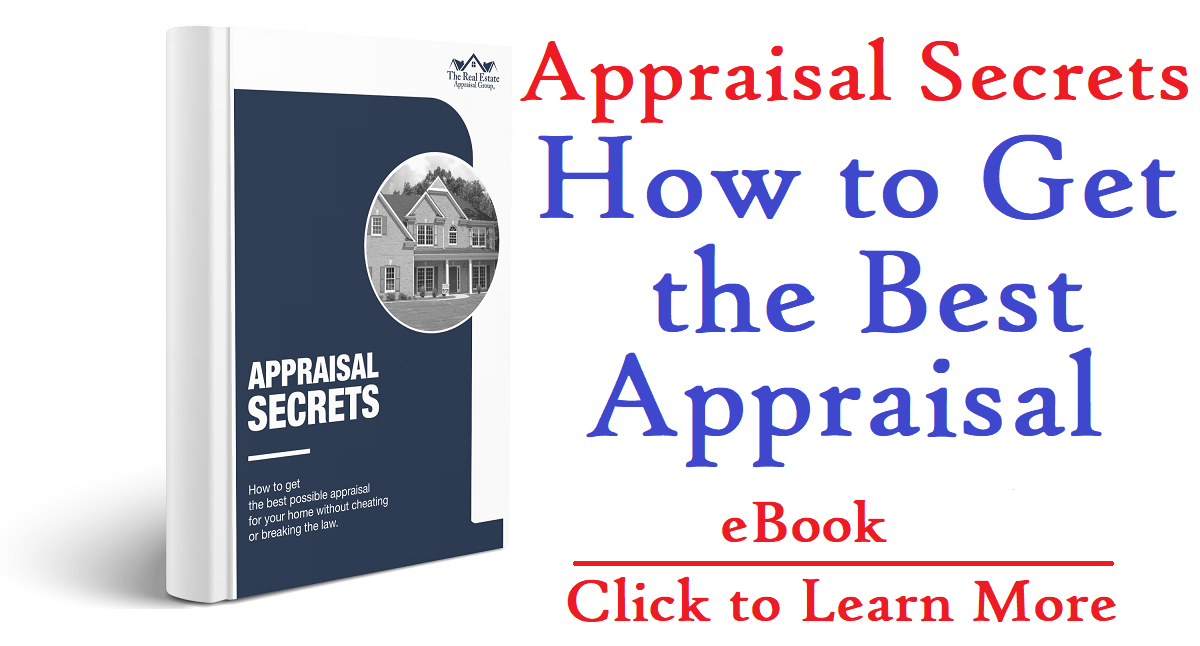
by The Real Estate Appraisal Group | Apr 22, 2015 | Real Estate Terminology, Uncategorized
WASHINGTON D.C. – The nation’s capitol. At the heart of the country, D.C. hosts some of the most beautiful architecture you’ll find anywhere in the world. As real estate appraisers, we find a lot of variety in D.C.- but we also find a lot of the same. Whether you want to become an expert on architecture in the district, or you’re just starting a career in real estate- as long as you learn to recognize these seven most common housing designs, you’ll do just fine. 1. Federal Housing Federal properties are as simplistic as it gets in architecture. Starting to rise in DC in the early 1800’s, federal style houses were both easy and quick to build. They can be distinguishing from the similar Victorian-style houses popular in DC by their modest scales and low-stoops. Federal housing properties are usually symmetrical, 1-2 stories tall, and hold 1-2 bedrooms. 2. Victorian If you’ve ever been impressed by the architecture of a row house in Washington D.C., it was most likely a Victorian. Often found in D.C.’s historic districts, Victorian style houses differ from federal houses in that they often “pop out” of the typical flat-row housing in any way they can- they often have large window boxes or bay-windows. Curved roof peaks are another give-away. Victorian style houses are typically 2-3 stories tall, and can house as many as 5 bedrooms in the nicer ones. 3. Tudor Revival Tudor-style homes started popping up in D.C. in the early 1900’s. Recognizable by their pointed roofs and European (almost medieval) look, Tudor properties often have...

by The Real Estate Appraisal Group | Apr 15, 2015 | Interview, Uncategorized
REAL ESTATE values in Takoma Park have been steadily increasing over the past year. At Dolci Gelati Café on April 8, 2015, two Takoma Park real estate professionals took a break from work to explore why. Locals Jonathan Montgomery of the Real Estate Appraisal Group and Dan Metcaff of the Finn Family Group took some time to talk about how major changes to the city over the past decade have turned Takoma Park into what it is today. In this interview, the two discuss how several new local businesses, improvements to the transportation system, the local farmers market, and other things work together to justify the rising real estate values across Takoma Park. https://www.youtube.com/watch?v=dxXs8V2FNhQ&feature=youtu.be Jonathan: Now I really wanted to talk about Takoma Park. So thanks for coming out with me Dan and hanging out with me, I wanted to ask you: why do you think Takoma Park is special? Dan: I mean, I think it does come down to community…. my parents have always said it’s like a University town without the university. When I was a kid growing up it seems like everybody was like a labor lawyer or an environmental lawyer. It’s a great place… we’ve got a lot of parks, and a farmers market, a lot of festivals. It’s nice for people to be here. Jonathan: When you tell people about Takoma Park, what do you tell them “you gotta check this out”? Dan: I always say the farmers market. The town is the people, the people are the town. That’s where you’re going to see them. Every Sunday, all year round from...

by The Real Estate Appraisal Group | Apr 9, 2015 | Uncategorized
To check the expiration date on food, all you (usually) have to do is read the box. But what about when it comes to real estate? Let’s get the important stuff out of the way- following most loan guidelines, there is no concrete “expiration period” for real estate appraisals. However, the word “most” is very important here- without it we wouldn’t have an article. There is no date, but no lender who plans to stay in business would give you a loan based on an appraisal performed 30 years ago- or even 1 year ago. As a standard, most solid home appraisals are good for between 60-90 days. This is a good rule of thumb, but it’s not an exact science- there are a few exceptions. Comparables Lenders want comparable sales that aren’t just similar to the subject property, but also represent a snapshot of the current market. To keep things up to date, most lenders are reluctant to consider a loan when the comparables sales (comps) are more than six months old. Appraisal Timeline Based on the fact that comps shouldn’t be more than 6 months old, neither should the appraisal. Depending on the lender and current state of the market, 90-180 days is usually the oldest appraisal you’ll find lenders willing to accept. This is known as the “term of validity.“ A Common Exception When the local market isn’t exactly stable, loan underwriters sometimes require appraisals performed within 3 months. This requirement comes into play more often in a declining market, but lenders sometimes require it for rapidly increasing markets as well. …most of the time though,...

by Jonathan Montgomery | Apr 1, 2015 | Uncategorized
Let’s say your real estate appraiser just inspected your property… They walked around the house a bit, measured, looked around while taking notes, shook your hand, and left. What happens now? Of course, all of the measurements and notes the appraiser took on your home can be verified- they came from your home, after all. But what about everything else? https://www.youtube.com/watch?v=vvWSFhUbXl0 Everything the appraiser didn’t get from your house- neighborhood information, comparable sales, market statistics- all this information comes from other sources.. In this quick video, I hope to give you a better understanding of where a real estate appraiser gets all the information needed to properly appraiser your property. Jonathan Montgomery is the founder and president of the The Real Estate Appraisal Group, and has been a real estate professional since 1998. He has been a broker, an investor, and currently works full-time as an appraiser. He enjoys appraising real estate in Washington D.C., Southern Maryland, and Northern Virginia. #treagroup...

by Jonathan Montgomery | Mar 26, 2015 | Real Estate Terminology, Uncategorized
What’s the real difference between leasehold, leased fee, and fee simple? https://www.youtube.com/watch?v=UY13t0QHcac&feature=youtu.be Fee Simple Fee simple is the form property ownership people are most familiar with. The term means you have absolute ownership- you own the rights to the entire property, including the land and buildings on it. This is often called “The bundle of rights.” You can occupy the property, you could rent out a room, you could paint it purple. And provided your local laws allow it; you can re-zone it, you can sub-divide it, add square footage, tear it down, whatever you want. It’s your property. Leased Fee & Leasehold When there is a lease involved, the landlord has leased fee ownership, and the tenant has leasehold rights. When a property owner wants to lease out a portion of their property, usually they do so because they want to make money. They want to collect a fee. They want to collect that fee from someone who wants to occupy their property- that person want’s to hold the rights to live there, or to occupy the property. If you get in an argument with your landlord (who has leased fee ownership) and he or she tells you to pack your things and leave, you don’t have to. Assuming the lease says so, you have the rights to occupy the property (why would you sign a lease that says otherwise?), meaning your landlord would have to formerly evict you. Leasehold rights are less significant when we are discussing renting a room or house. Typically they are more important when you are talking about owning a property where you own...

by Jonathan Montgomery | Mar 18, 2015 | Uncategorized
To provide the most accurate appraisal, real estate appraisers need to know as much as you can tell them about your deal. Real estate appraisers need to take everything about your property into consideration when trying to determine how much it’s worth, and your concessions are no exception. An important part of any real estate transaction, unreported or unmentioned concessions have the potential to drastically change your property’s value during an appraisal- and more often than not, that change is for the worse. What is a Concession? In layman’s terms, a concession is anything the seller offers to help sway a buyer into putting their signature down on a deal. The seller walks away with a little less, and the buyer walks away with a little more. You could call it a little back-scratching. Some common forms of concessions: – Paying the loan origination fees or closing costs – Giving cash back for repair costs – Non-realty transaction items (personal property). – Cold hard cash back to the buyer Here’s 2 Quick Examples: A Cash Concession (the most common): Let’s say you want to buy a new home for $100,000, but are a little unsure of the price- and the front porch needs some work. You need to put 10% down and $5,000 in closing costs on that new home- you would need $15,000 at closing. The seller knows you are a bit uncertain, and offers you $5,000 to pay the closing costs. Whether they pay the closing costs out of their pocket, or give you the cash at the closing table- you still only need...









Recent Comments